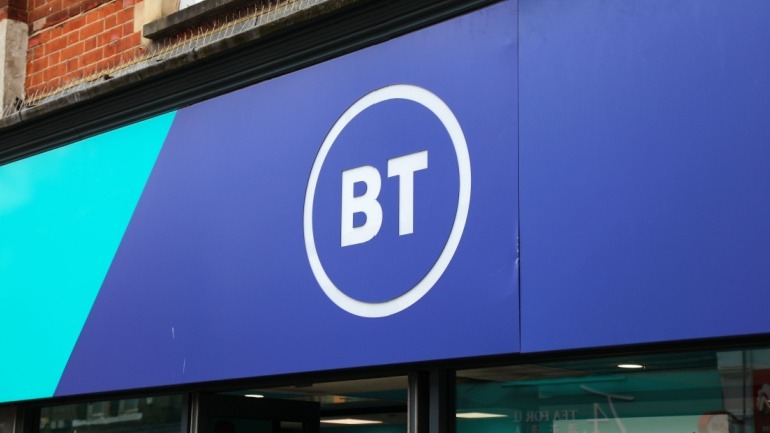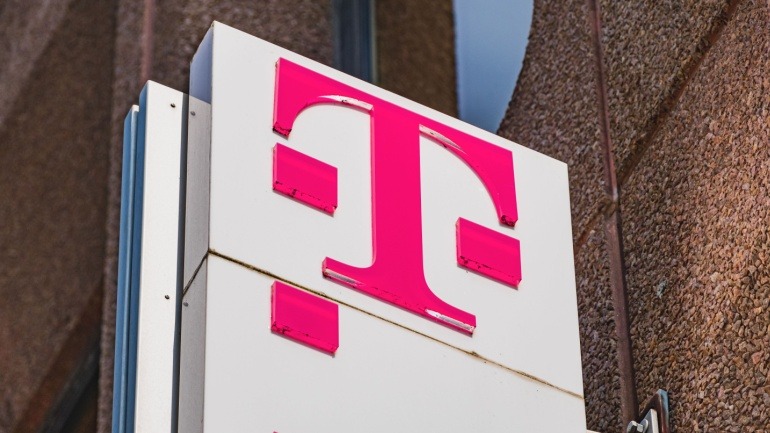Keysight Technologies and the University of Malaga have launched the Malaga 6G Research and Innovation Lab to advance 6G technology. This facility will foster collaboration across industry and academia, focusing on areas like AI-enhanced network performance, digital twins, and secure, scalable architectures.
BT’s new CEO, Jon James, is set to transform BT Business with a UK-centric strategy. Previously leading Nuuday’s revival, his expertise in European telecom markets will boost BT’s focus.
Telefónica Tech has introduced a groundbreaking generative AI platform designed for enterprises to create custom virtual assistants. This platform integrates with backend systems and hyperscale cloud services, connecting to large language models.
DIDWW has expanded its A2P SMS coverage to the USA, Ukraine, and Cyprus, empowering businesses to enhance global communication with secure, personalized messaging. Offering high delivery rates, robust security, and advanced tools, DIDWW enables seamless SMS campaigns with guaranteed sender IDs.
The telecom industry is abuzz with Aduna, a groundbreaking joint venture in API technology by Ericsson, Google Cloud, and global operators. Aduna aims to revolutionize VoIP, leveraging network APIs for 5G monetization and innovation.
Deutsche Telekom’s strategic move to merge national and international wholesale operations into T Wholesale aims to meet growing global demand for telecom solutions. This unification enhances service offerings, providing a comprehensive portfolio including IPX, fiber optics, and cutting-edge 5G solutions.
Microsoft has sold its former private 5G unit, Metaswitch, to Alianza, signaling a shift in its telecom strategy. While Microsoft’s 5G efforts struggled, this deal enables Alianza to modernize telecom infrastructure for over 1,000 service providers, enhancing cloud-native and AI-driven services.
The new edge data center in Pilbara is revolutionizing local industries’ data processing capabilities, eliminating the 1,600-kilometer trek to Perth. This cutting-edge facility, initiated by NEXTDC and Vertiv, addresses latency issues and empowers sectors like mining with metro-level compute power and advanced cloud services.
Toll-free numbers have been a staple of business communications for decades. They allow customers to call an enterprise without incurring charges, and are a proven way to help drive growth, enhance service, expand customer knowledge, and project corporate reliability. These phone numbers have been widely adopted not only by large corporations but also by small businesses, non-profits, and government agencies, underscoring their versatility and importance across diverse sectors. Today, there are over 44 million toll-free numbers in use in the US. However, the future of toll-free phone numbers is a topic of much debate in the ever-evolving landscape of digital communications. Despite the rapid growth of internet-based communication methods such as email, social media platforms, and chatbots, toll-free numbers still hold a significant place in business communications. This article explores the uses, importance and enduring benefits of toll-free numbers, and why businesses will continue to rely on them in the…













